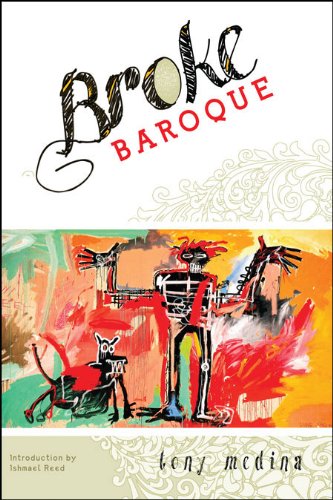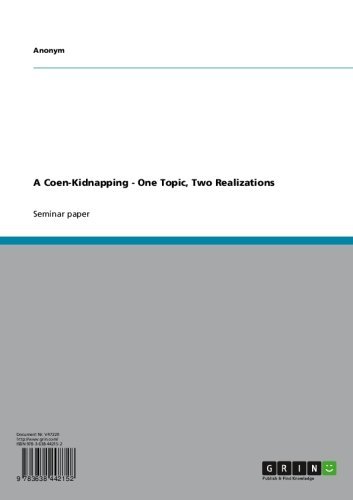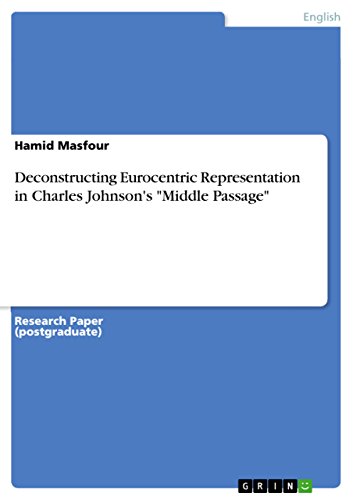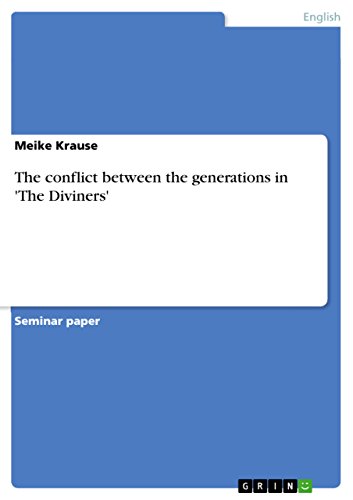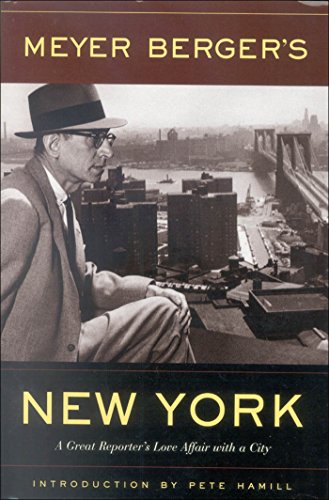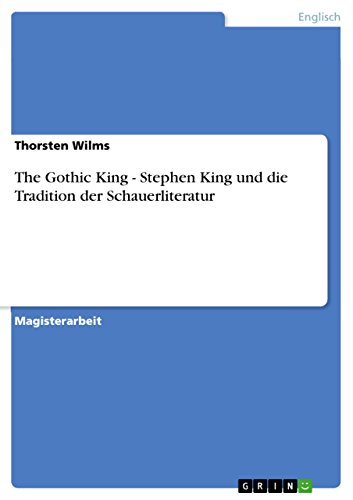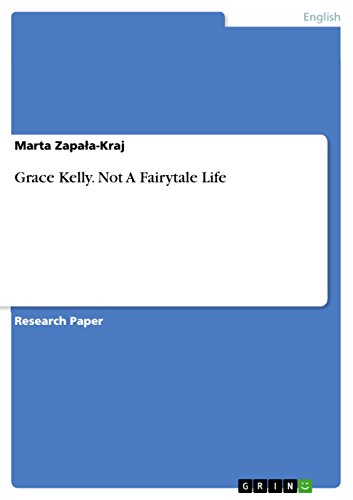
By Joseph R. Urgo,Ann J. Abadie
Essays via Susan V. Donaldson, Lael Gold, Adam Gussow, Martin Kreiswirth, Jay Parini, Noel Polk, Judith L. Sensibar, Jon Smith, and Priscilla Wald
William Faulkner as soon as acknowledged that the author "collects his fabric all his existence from every little thing he reads, from every little thing he listens to, every little thing he sees, and he shops that away in kind of a submitting cupboard . . . in my case it is not something close to as neat as a submitting case; it is extra like a junk box." Faulkner tended to be rather informal approximately his affects. for instance, he noted the South as "not extremely important to me. I simply take place to grasp it, and do not have time in a single existence to profit one other one and write on the comparable time." His Christian historical past, in line with him, was once easily one other software he may perhaps decide up on one among his visits to "the lumber room" that will support him inform a narrative.
Sometimes he claimed he by no means learn James Joyce's Ulysses or had by no means heard of Thomas Mann--writers he could in other places claim as "the nice males in my time." occasionally he expressed annoyance at readers who came upon esoteric conception in his fiction, while all he sought after them to discover was once Faulkner: "I have by no means learn [Freud]. Neither did Shakespeare. I doubt if Melville did both, and i am yes Moby-Dick didn't."
Nevertheless, Faulkner's existence used to be wealthy in what he did, observed, and skim, and he turns out to have remembered it all and utilize it in his fiction. Faulkner's Inheritance is a set of essays that examines the affects on Faulkner's fiction, together with his family historical past, Jim Crow legislation, modern model, pop culture, and literature.
Joseph R. Urgo is dean of the college at Hamilton university. Ann J. Abadie is affiliate director of the guts for the research of Southern tradition on the collage of Mississippi.
